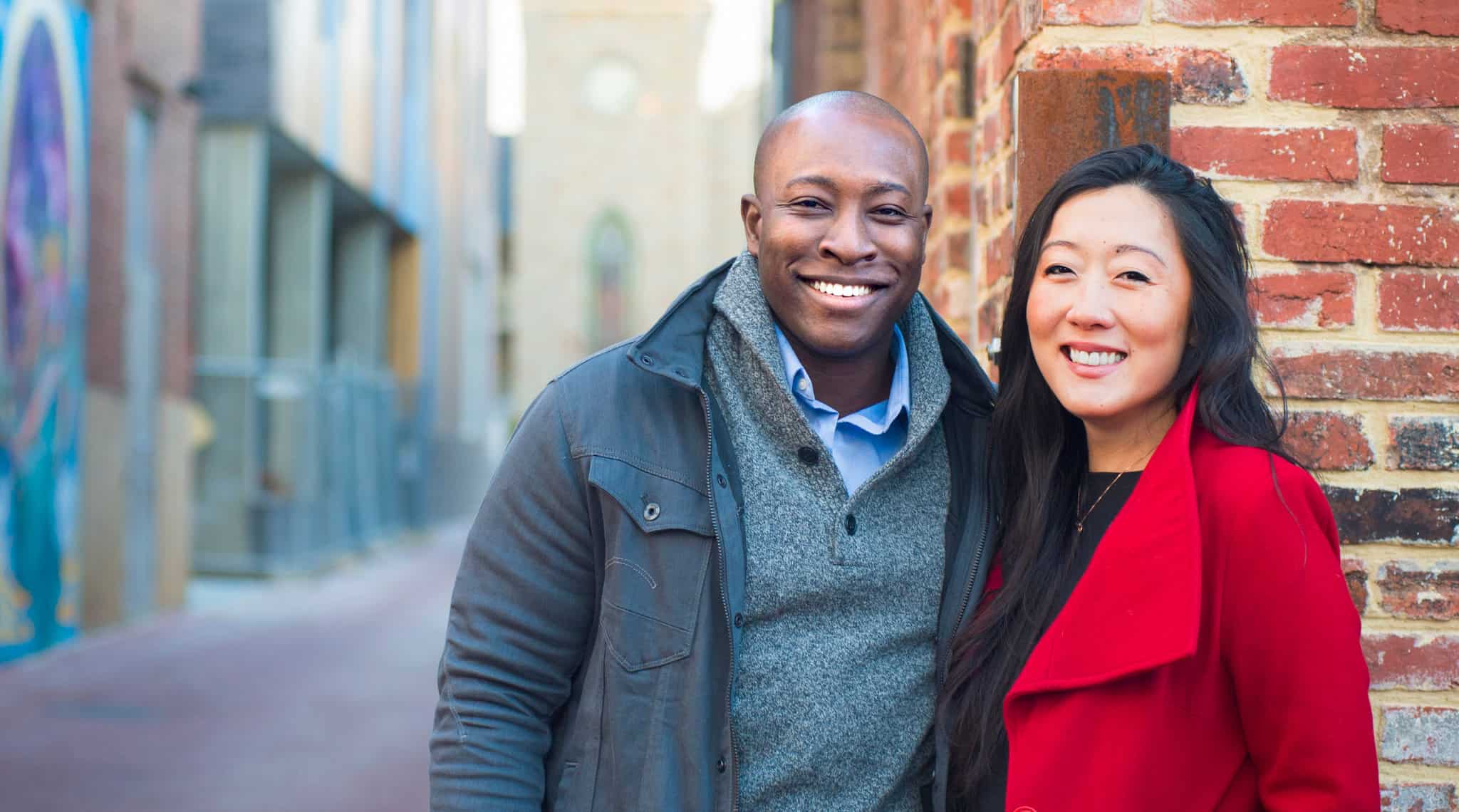Charisma can perhaps always be linked to extroverts or charismatic personalities and does not need to be something that an introvert lacks. Using their inbuilt strengths, with definite strategies, will enhance the charisma of introverted leaders.
A ccording to Adam Grant and Francesca Gino, listening and thoughtful decisions by introverted leaders result in a very highly engaged and effective team; thus, tapping into those natural skills will augment the charisma of introverts.
One significant aspect is to genuinely respect other individuals. In The Charisma Myth, Olivia Fox Cabane says to imagine others wearing "angel wings" to value them. This makes for greater connections and makes it easier for the introverted leader to establish rapport.
Another approach is the alter ego approach - Todd Hermann's The Alter Ego Effect. It represents the assumption of a persona that embodies traits a leader would like to attain. Hence, instead of being truly introverted, the affective introverted leader assumes the personality type characterized by assertiveness and confidence. In this case, the technique plays the role of a tool through which the leader channels leadership qualities according to set goals while being authentic to themselves.
Another attribute that adds to charisma is empowering clothing. Enclothed cognition theory assumes that putting on clothes with an intended purpose improves one's psychological aspect, preparing introverted leaders for interactions and making them more confident in their dealings.
Following others is another effective way that shynest people can work on charisma. The advice given by Dale Carnegie of seeking thought-provoking questions and listening to other people lets one build good relationships based on mutual interest and respect for each other. This conveys to other people that the leader is interested and cares for the other people which automatically creates trust and bonding.
Asking for small favors can also increase likability. In the "Ben Franklin Effect," it is demonstrated that when people offer to lend a hand, they usually become more favorable towards the person to whom they lent their aid. Indeed, asking for help in and of itself serves to build rapport and trust in a very genuine and reciprocal manner.
Amplify: True regard for others, alter egos, purposeful dressing, a focus on others, and asking favors can bring to the fore natural strengths and root charisma in a more profound way. Charisma would be less about outer charm and more about real connectedness inspiring and lifting others.











.jpeg)
